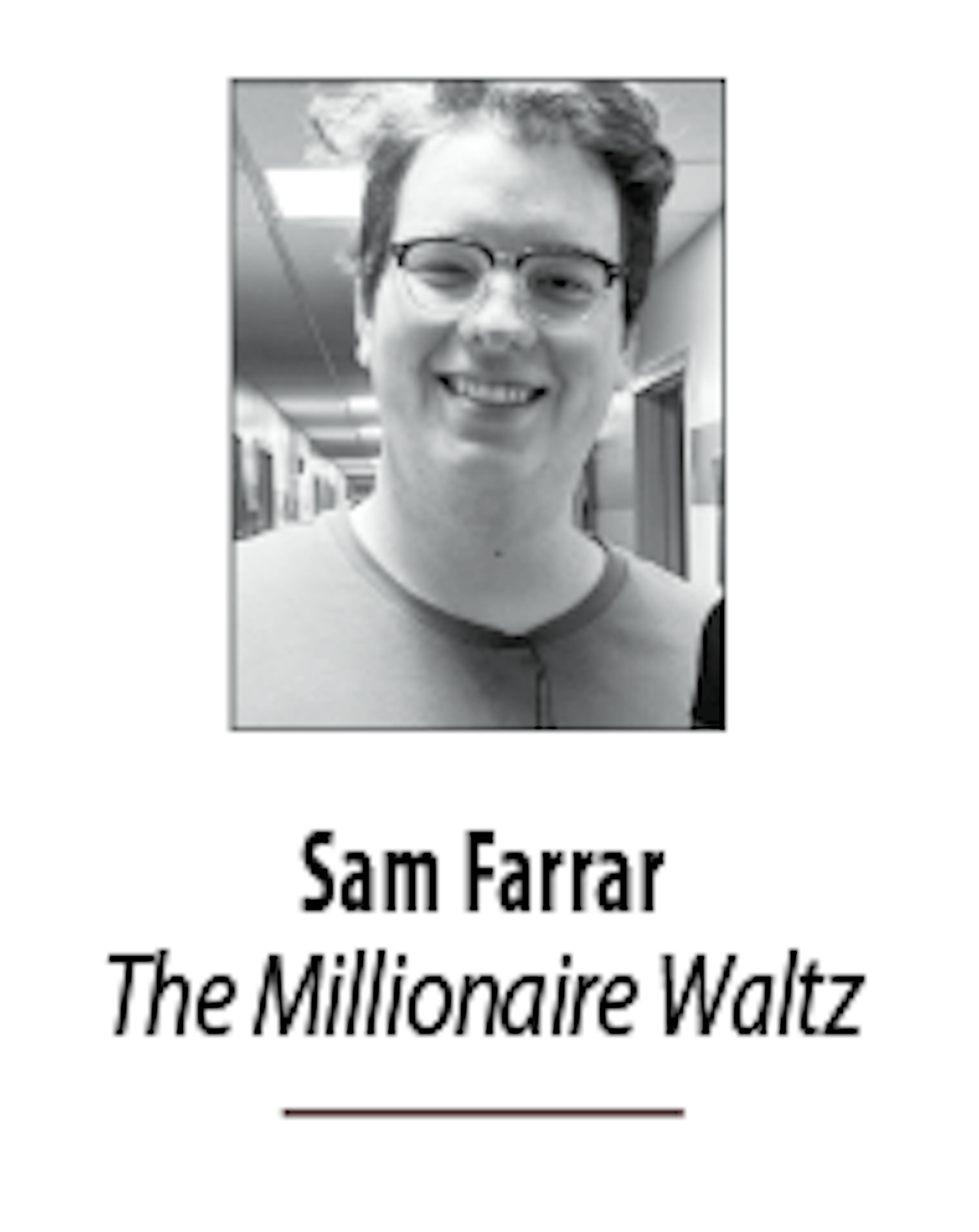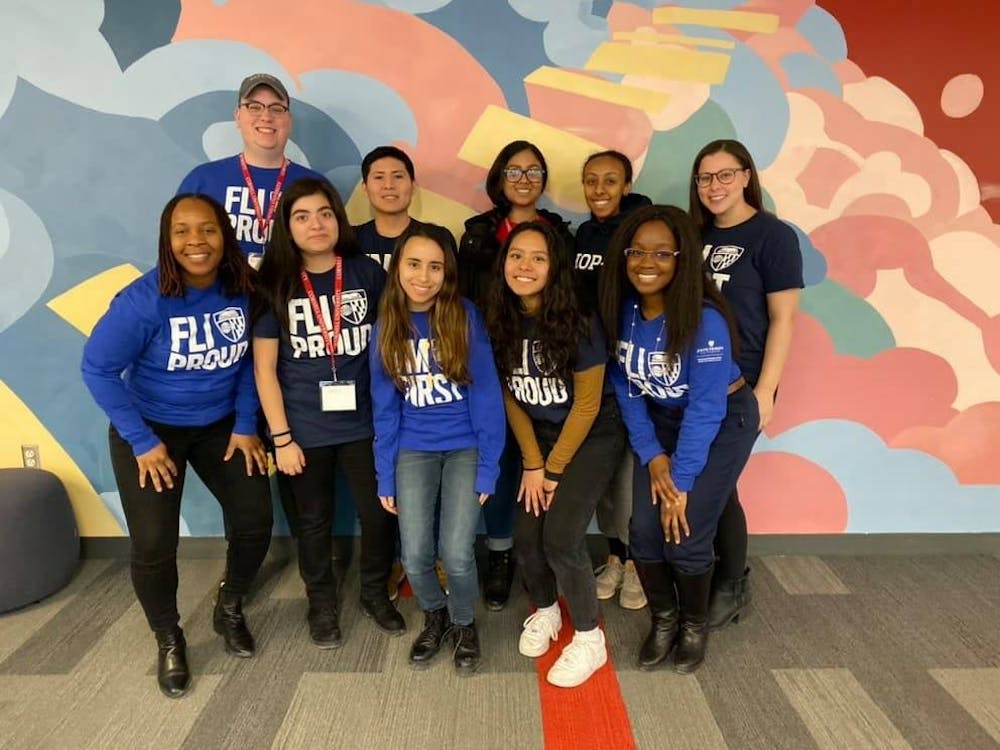
Over this past leap-weekend, I attended the sixth annual IvyG at Cornell University, a conference for first-generation and low-income (FLI) students that attend so-called “elite” or selective universities and colleges. While this was the second or even third time that some of the other students I went with were attending, this was my first time. Naturally, I was really excited (and equally stressed) for a three-day respite from Hopkins, but the conference ended up being more of a mixed bag — I was really appreciative of some aspects of our scheduling, but felt others fell short and failed to create an inclusive environment.
The highlight of the scheduled content at the conference was far and away the workshops that were provided. Although there was apparently some spice happening at some of them — like the mass walk-out at the student activism workshop, — all that I attended were at least relatively valuable.
One, which was supposed to be about “assimilating on elite campuses” gave a lot of space for all the students in the audience to discuss the problems their respective campuses face. As one student brought up a challenge FLI students at their school faced, another would chime in with a program their own school implemented to alleviate it. Being able to hear these students bounce ideas off each other like this helped me understand what Hopkins does well and also what it lacks. This workshop was made especially entertaining by an extremely quotable University of Chicago student who, for example, on a rant about university admissions claimed, “I don’t buy this holistic review stuff. I think we should holistically eat the rich!”
Another workshop hosted a student panel from a Latinx student group that addressed the difference between expectation and reality when coming to college as a FLI student. They discussed topics such as taking an extra semester or year to finish school, which is something that is entirely over-stigmatized at Hopkins. Overall, this workshop was personally valuable to hear from students who understood how much higher the stakes are for FLI students. Still, as an upperclassman, it can feel like I’m fighting uphill to get my education, but after hearing them talking about the importance of being your own advocate, I at least felt a little solidarity in that seemingly Sisyphean battle.
Ultimately, the most valuable part of the conference wasn’t the conference itself, but meeting all the other students who attended. Talking to my Cornell student hosts, I heard a lot of complaints about their academic experience that echo Hopkins students’ complaints. They talked about a toxic academic culture, cutthroat curved grading and a severe mental health problem across the student body. While Cornell probably isn’t the greatest school to look to in regards to student well-being, it did make me question to what extent the problems we (rightfully) lament are actually Hopkins-specific, and to what extent are they inherent in the so-called “elite” schools.
The largest failing of the conference was its overall lack of recognition of the inherent intersectionality of the FLI identity. Although it’s brought together in an acronym, the FLI identity is really two separate identities — the first-generation identity and the low-income identity. This is something I have come to recognize that our school does very well, which explicitly accepts the FLI identity as first-generation and low-income or either one.
However, leaders and speakers at the conference often came to a discussion with the assumption that all 200-ish students there were first-generation. This excluded students, like me, who identify as low-income despite their parent(s) attending college (a uniquely American identity, I might say). On the first night, we attended small group discussions. There my leader’s overarching question was, “What does it mean to you to be a first-generation college student?” The next day at a keynote speech, the speaker asked us to turn to the people next to us and say something along the lines of “I’m first-gen!”
In these spaces, it was hard to feel like I was just being excluded from a support network designed for me. After a while, it felt like I was intruding on a space that didn’t belong to me, that I was taking that opportunity away from someone that was actually deserving of it — that I was an impostor.
Even at a university like Hopkins, which does a relatively good job of recognizing and welcoming the different backgrounds of FLI students, I have heard from a number of students that have the same identity as I do — coming from a low-income background yet not being a first-generation student — that have at times questioned their belonging in FLI spaces.
The opposite was true at the conference as well, although to a lesser extent. While the focus of the conference was very much on first-generation students, leaders and speakers also sometimes automatically assigned a low-income status to every attendee. This treatment of the FLI population there as a monolithic group ultimately detracted from some of the lessons and experiences I was able to take back with me. Every FLI student has their own unique experiences, not just revolving around their first-gen or low-income identities, but whether they come from single-parent households or are first-generation Americans or any number of other things.





